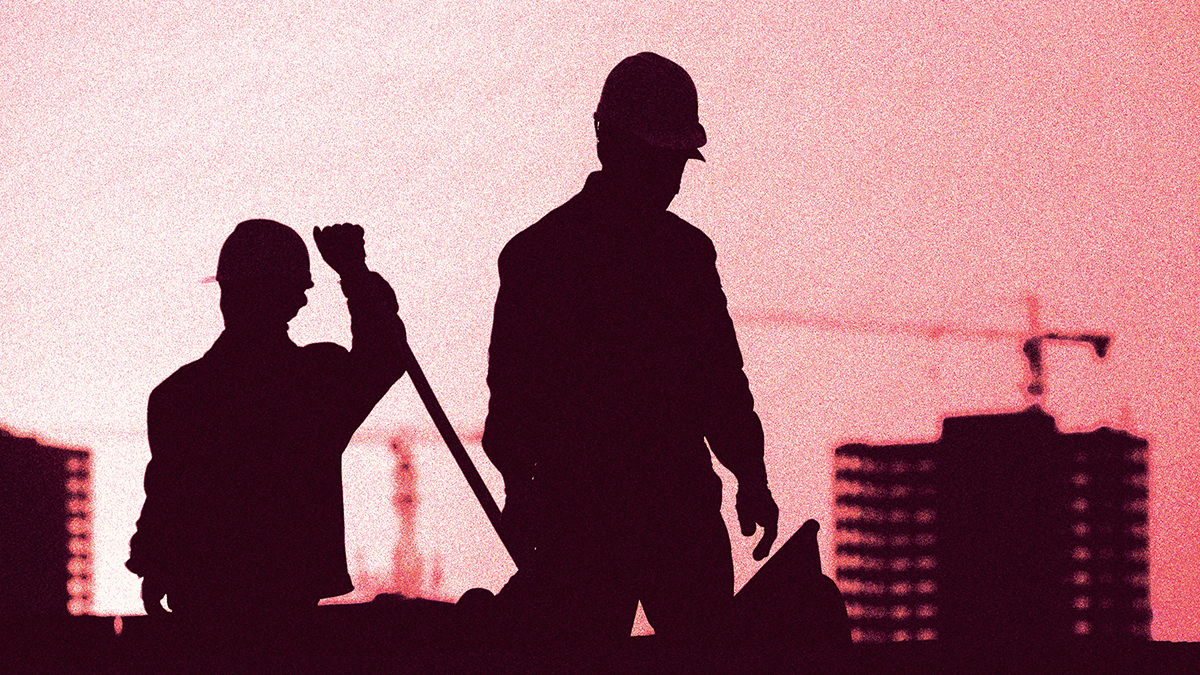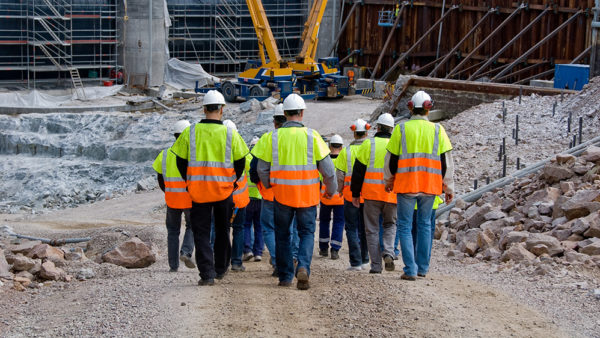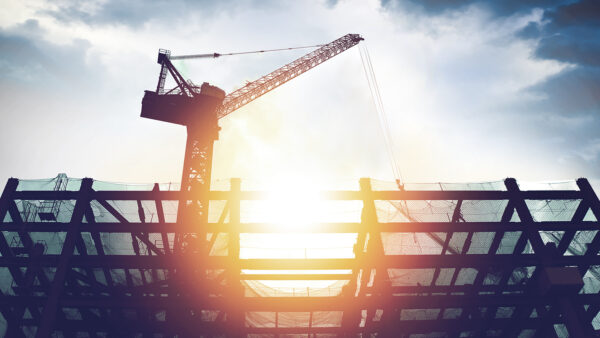
Construction businesses are starting to understand that they need to do more than simply pay lip service to the challenge of modern slavery, says Emma Crates.
Taking a stance against modern slavery is not morally complex. It’s easy, for example, to condemn human rights violations in China’s Xinjiang province, as recently confirmed by the UN. Or the trafficking of Ukrainian citizens fleeing war.
However, as we approach Anti-Slavery Day on 18 October, businesses face significant challenges in addressing the issue. The International Labour Organization, Walk Free and International Organization for Migration (IOM) estimate that of the 28 million people trapped in forced labour globally, 86% are in the private sector.
Countless victims of exploitation, including millions of children, are hidden in global supply chains.
“I’m encouraged by the increasingly close attention paid by our customers and investors who are looking for detailed evidence of supply chain systems, processes and remediation.”
The onus is falling on the private sector to explain how it is seeking out and remediating these problems. This is being driven by legislation. From US import bans on goods made with forced labour, to the EU’s corporate sustainability due diligence directive, to the UK’s redrafting of public procurement laws and introduction of a new Modern Slavery Bill in the Queen’s Speech. Ratings agencies and investors are also ramping up their scrutiny.
Carbon targets
Until recently, ESG (environmental, social and corporate governance) reporting has been weighted towards environment. Developers and contractors have rightly been striving to meet carbon targets to ensure their projects are viable over the long term. Intertwined with this trend is a growing emphasis on the human rights provenance of building materials.
I’m encouraged by the increasingly close attention paid by our customers and investors who are looking for detailed evidence of supply chain systems, processes and remediation. This adds to the momentum. Marshalls has a long history of working with suppliers and we’re building up activity as our team expands.
One example is a project with the IOM in Vietnam to investigate the effect that the pandemic has had on natural stone suppliers and to understand how we can support the sector as it recovers.
Building resilience
Our long-term goal is to help supply chains build capacity, knowledge and resilience to align with international standards. These are challenging times, and there is no substitute for getting out into the regions and developing understanding with high-calibre partners. That’s why we will continue to collaborate with organisations and experts across many sectors.
This is a pre-competitive space; businesses now understand that they need to do much more than achieve basic legal compliance. Marshalls remains committed to upholding and supporting human rights and will continue to work with others to do the same.
Emma Crates is business and human rights manager for Marshalls











